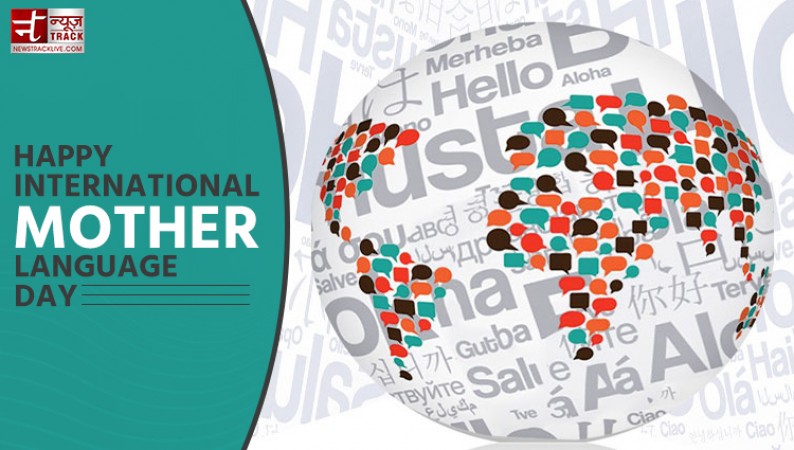
February 21 was designated as International Mother Language Day by UNESCO in 1999. It is a special day to promote linguistic, cultural, and multilingualism diversity. International Mother Language Day is observed by individuals and organisations all over the world through social media posts, workshops, and other events that raise awareness of the significance of the day.
Here is a fascinating fact. In familial relationships, young children are cared for by grandmothers and mothers, and they acquire their first languages from their care givers, the adult women in their families. This is why it is called mother language. According to linguists, mothers are where people learn their first language.
Why Do We Celebrate International Mother Language Day?: There are two components to the celebration of International Mother Language Day. International holidays honour the diversity and variety of languages. I also commemorates the students who killed on February 21, 1952, in Bangladesh during a demonstration. They belonged to the group promoting the use of Bengali, their mother tongue, as an official language.
East Pakistan was formerly known as Bangladesh, and West Pakistan was formerly known as Pakistan. Bangladesh was included in Pakistan when the Dominion of Pakistan was established in 1947 as a result of the division of India. The majority of the linguistic and ethnic groups in the new country spoke Bengali. Urdu will serve as the official language, per an order from the Dominion of Pakistan government.
They wanted their language to be recognised as an official language as well because the majority of the population spoke Bengali. Public gatherings and rallies were forbidden by the authorities. However, the University of Dhaka students joined the Bengali Language Movement, which was organised by Bengali speakers. The four students were killed when police opened fire on protesters on February 21, 1952, at the height of the demonstrations. Nonetheless, it took an additional four years for Bengali to be designated as an official language by the government.
Why is Our Mother Tongue Important?: We may assert that the International Mother Language is a salute to freedom of speech, but in this instance, it refers to the freedom to speak your mother tongue or a language you are familiar with.
Here are some of the explanations for why it is significant to speak your mother tongue.
Mother tongue promotes children's intellectual growth: Children who speak their mother tongue well are thought to develop intellectually and cognitively more quickly. Numerous studies show that students who are taught in their mother tongue have greater academic success than those who are taught in another language.
The communication with own culture is better: There is improved communication with one's own culture: Languages make it simpler to preserve your culture. Even if the translation of the message is excellent, the source language retains all of its original meaning. By learning the language, you can gain a thorough understanding of the culture. By speaking your mother tongue, you can maintain a connection to your heritage and culture.
Higher success in learning second languages: As their language literacy skills are greater, it is well known that youngsters who are trained to speak their mother tongue find learning another language to be considerably simpler.
Better employment opportunities: As company becomes more international, local workers who speak their native tongue well have access to greater employment prospects. There are more opportunities to profit from your mother tongue talents as an employee or business owner.
Mother tongue Boosts your confidence: Many immigrant children have lost their native language or never learned the language that their family spoke before. However, it is not entirely their fault because parents typically encourage their kids to learn the language of the new place in order to help them fit in. Speaking their native tongue, however, is now something to be proud of. It raises consciousness of their heritage and culture. It also increases their self-confidence.